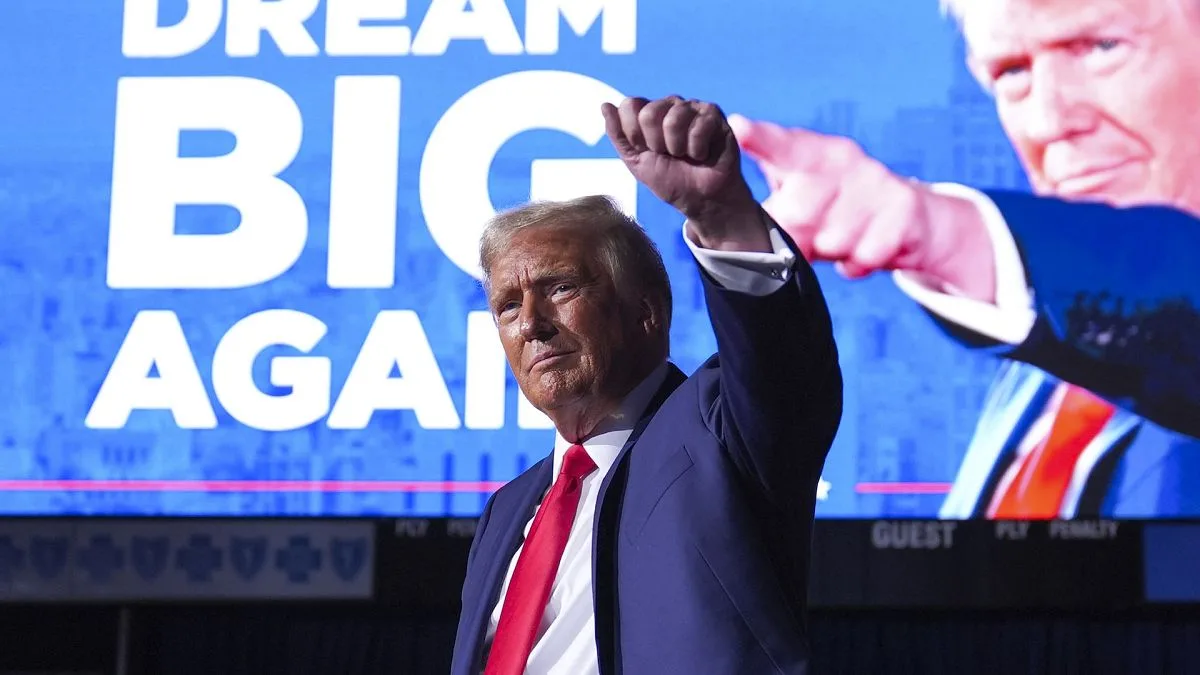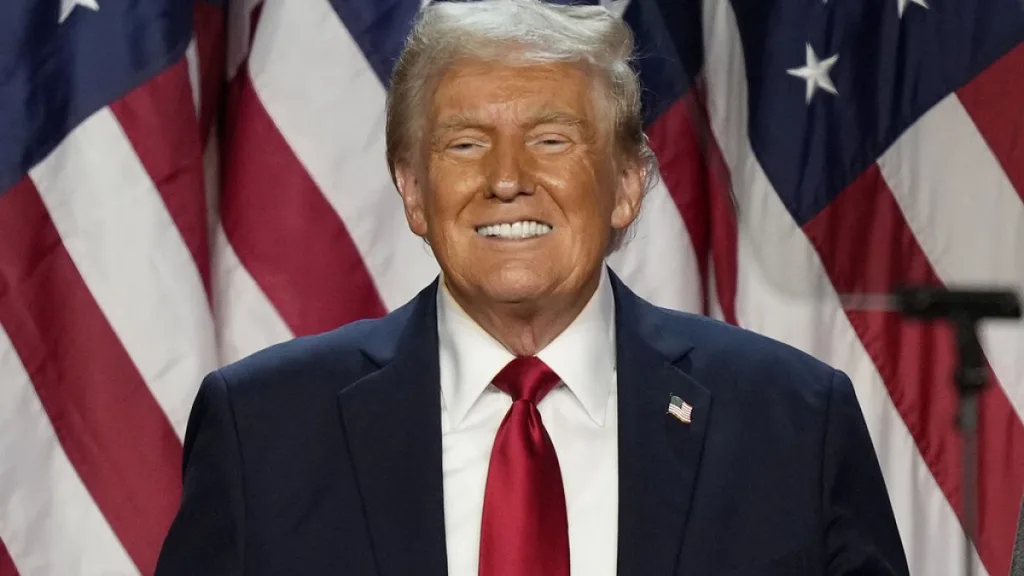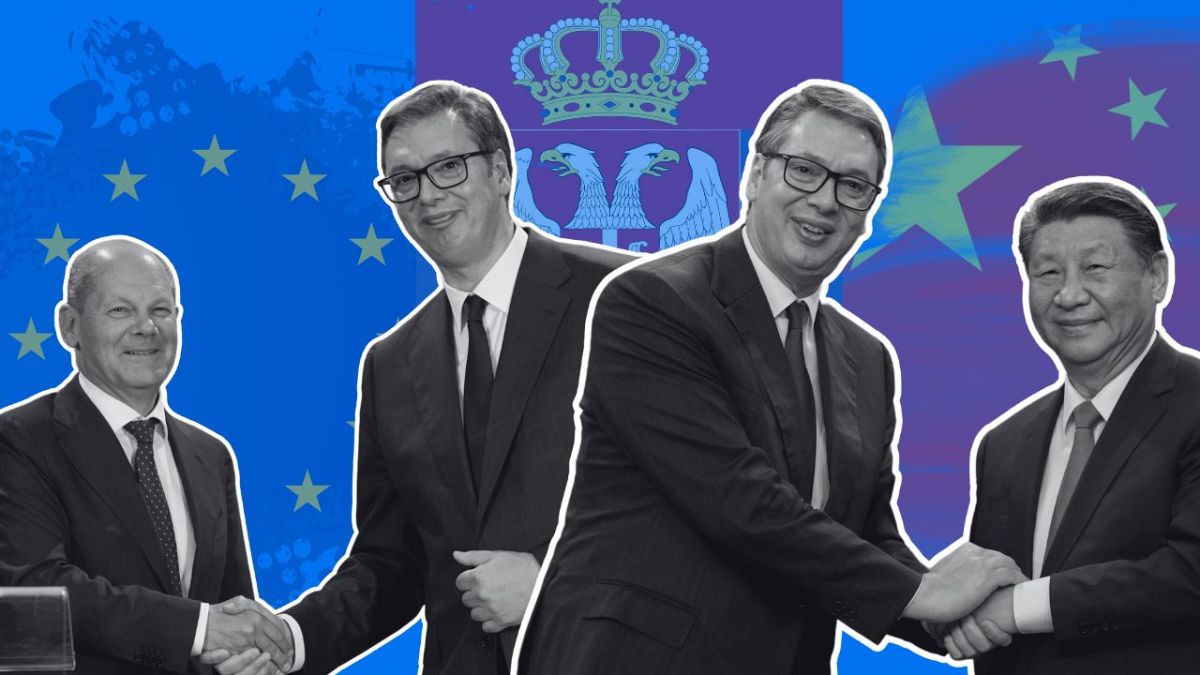Donald Trump’s anticipated tariffs and tax cuts have the potential to spur inflation, putting pressure on the Federal Reserve to adopt a more hawkish monetary stance. Additionally, Trump’s intentions to exert influence over Fed decisions could lead to a significant conflict with the central bank’s autonomy.
As the 2024 presidential election approaches, investors are increasingly concerned about how a Trump administration could impact Federal Reserve policy. Most analysts agree that Trump’s proposed tariff measures are likely to elevate inflation. Worries are also mounting over his potential to affect the Fed’s policy direction and the implications for its independence.
Will Trump’s Policies Push the Fed Toward Hawkishness?
Trump has vowed to reinstate tariffs on imports, advocating for a staggering 60% tariff on Chinese goods and a 10% tariff on imports from other countries. When combined with possible tax reductions and tougher immigration controls, these measures are largely seen by economists as inflationary and could further amplify price pressures in the U.S. economy.
A recent JP Morgan analysis estimates that these tariffs, coupled with tax cuts, might lead to an inflation increase of approximately 2.5 percentage points. Should inflation rise dramatically, the Federal Reserve, tasked with safeguarding price stability, may have limited options but to implement stricter monetary policies.
The Fed’s conventional response to tackle inflation—raising interest rates—could become necessary, halting anticipated rate cuts that were projected for 2025. Goldman Sachs’ Chief Economist, Jan Hatzius, has suggested that Trump’s economic initiatives could elevate core inflation rates above 3% by 2025, surpassing the Fed’s 2% target, which “might delay cuts that could otherwise take place sooner.”
If Trump’s inflationary policies materialize, the Fed’s ability to ease monetary policy could be restricted, complicating Trump’s own plans for economic growth.
Could Trump Weaken the Fed’s Independence?
The Federal Reserve’s independence is regarded as a vital principle for establishing a stable and credible monetary policy framework. This autonomy empowers the Fed to make data-driven decisions focused on its dual mandate—promoting maximum employment and maintaining stable prices—rather than yielding to political pressures.
An independent Federal Reserve is essential for controlling inflation, maintaining public confidence in the currency, and supporting long-term economic growth.
Although the President does not directly dictate Federal Reserve policies, they can indirectly impact it. Public comments, criticisms, or even implicit threats from the President regarding Fed decisions could generate market noise and sway public sentiment. This external pressure risks eroding public trust in the Fed’s independence if it seems to cater to political demands rather than economic necessities.
During his previous presidency, Trump frequently criticized the Fed and its Chair, Jerome Powell, whom he appointed in 2018. Trump consistently urged the Fed to adopt a more accommodating stance, often calling for interest rate cuts and suggesting negative interest rates as the federal funds rate approached zero. An analysis of Trump’s Twitter activity during his term reveals over 100 tweets addressing the Fed, many demanding lower rates or criticizing Powell’s hawkishness.
As noted by Sarah A. Binder, a senior fellow at the Brookings Institution, “During Trump’s time in office, he routinely pressured the Fed and his appointed chair, Jerome Powell, to lower interest rates, hinting at how he might interact with the Fed in a potential second term.” Binder believes that if re-elected, Trump would likely exert pressure on the Federal Reserve.
Trump’s Impact on Future Fed Leadership
If Trump returns to office, he has indicated he would not back Powell’s reappointment when his term concludes in May 2026. However, it remains uncertain whether Trump would attempt to remove Powell just a year before his term ends.
Economist Stephen Brown from Capital Economics posits that Trump might focus on reconfiguring the Fed through future appointments rather than forcing Powell out prematurely. “It is unclear what advantage Trump would gain by ousting Fed Chair Jerome Powell only a year before his term expires,” Brown stated. Instead, Trump might seek to secure Senate approval for future candidates to the Fed Board of Governors.
Photo credit & article inspired by: Euronews



